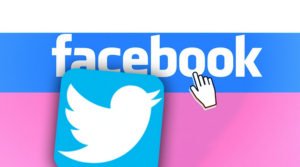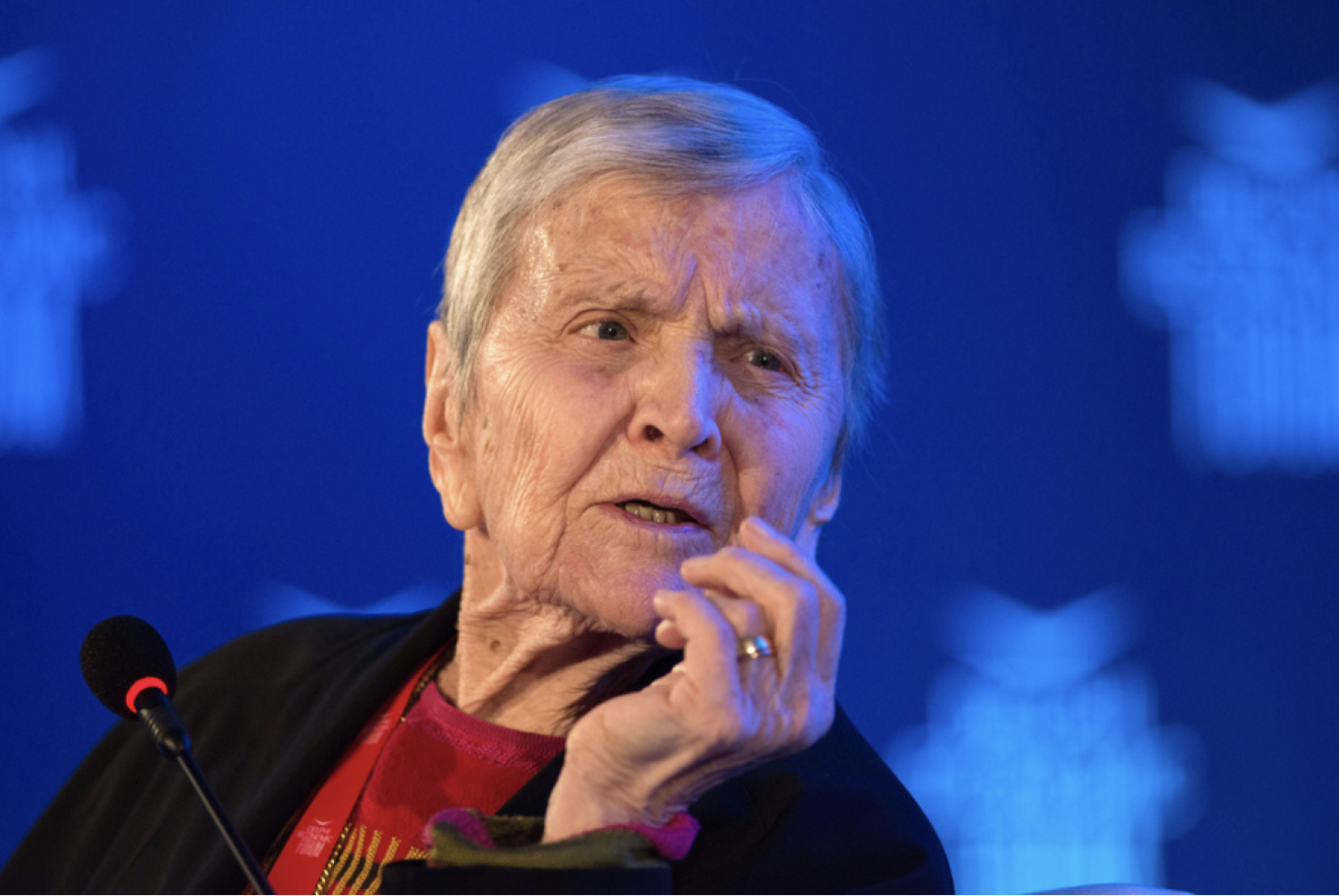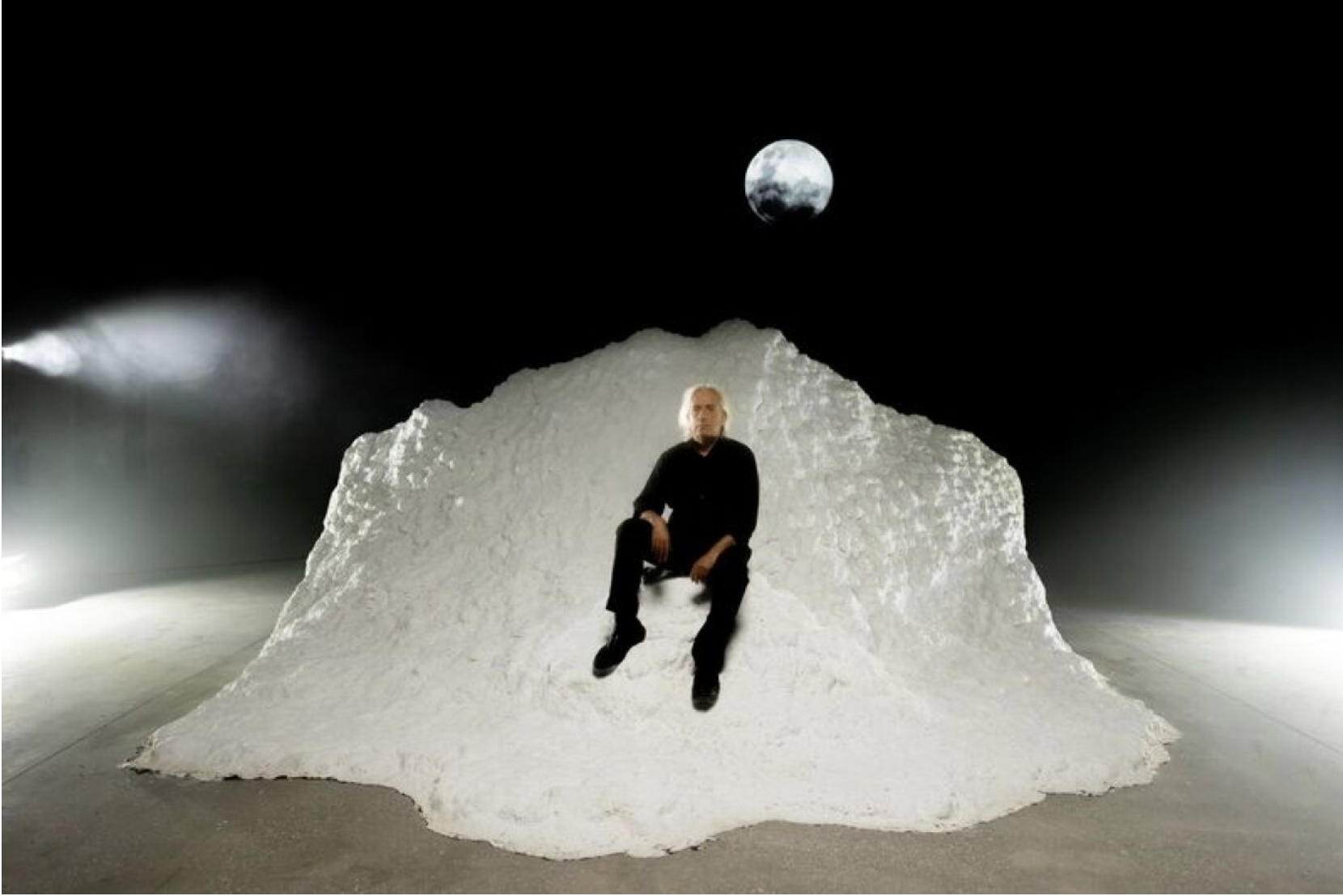In a shocking decision for the otherwise politically correct social media company, Facebook said Thursday that due to the invasion of Ukraine it has temporarily eased its rules regarding violent speech to allow statements like “death to Russian invaders”, but not credible threats against civilians.
Moscow’s internationally condemned invasion of its neighbor has provoked unprecedented sanctions from Western governments and businesses, but also a surge of online anger.
“As a result of the Russian invasion of Ukraine, we have temporarily made allowances for forms of political expression that would normally violate our rules like violent speech such as ‘death to the Russian invaders'”, Facebook’s parent company Meta said in a statement.
“We still won’t allow credible calls for violence against Russian civilians”, it added.
Facebook made its statement after a Reuters report, citing the firm’s emails to its content moderators, which said the policy applies to Armenia, Azerbaijan, Estonia, Georgia, Hungary, Latvia, Lithuania, Poland, Romania, Russia, Slovakia and Ukraine.
Facebook and other US tech giants have moved to penalize Russia for the attack on Ukraine and Moscow has also moved to block access to the leading social media network as well as Twitter.
Chevron CEO says EastMed gas pipeline could supply Europe amid crisis
Russia thus joins the very small club of countries barring the largest social network in the world, along with China and North Korea.
Since Moscow’s invasion of Ukraine last month, Russian authorities have stepped up pressure against independent media even though press freedoms in the country were already rapidly waning.
Blocking of Facebook and restricting of Twitter last week came the same day Moscow backed the imposition of jail terms on media publishing “false information” about the military.
In this context, Facebook had played a key information distribution role in Russia, even as it endures withering criticism in the West over matters ranging from political division to teenagers’ mental health.
Sources: The Times, Al Jazeera
Ask me anything
Explore related questions





